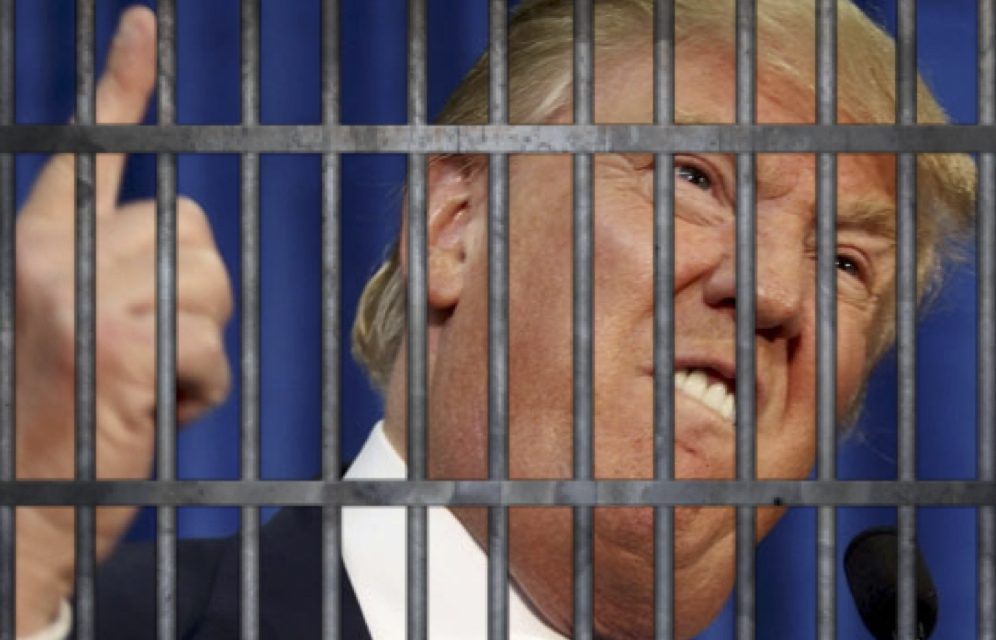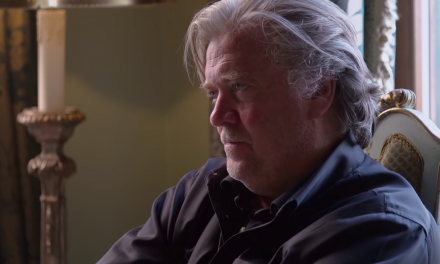With news that US District Judge Aileen Cannon of Florida has set a trial date for former President Donald J. Trump’s classified documents case, I think it’s about time to take a look at his busy legal schedule. But before I get to that, I just want to draw attention to some things that have already happened.
In 2016, just days after Trump was elected president, Trump University agreed to a $25 million settlement in a class-action lawsuit brought by victims claiming fraud. In 2019, the Trump Foundation, credibly accused of misusing charitable funds for personal, business and political gain, agreed to dissolve and distribute its remaining assets to other charities. The Foundation also agreed to pay a $2 million fine. In 2022, Trump settled a lawsuit for an undisclosed sum with six protesters who alleged that his security guards assaulted them outside Trump Tower in 2015. In January 2023, the Trump Organization was found guilty “on all charges in a 13-year criminal tax scheme” and compelled for fork over $1.6 million in penalties. In February 2023, Trump was forced to pay a $110,000 fine for refusing to abide by subpoenas issued by New York attorney general Letitia James in her civil investigation of his fraudulent business practices. In May, Trump was found guilty of sexually battering and defaming author E. Jean Carroll. She was awarded $5 million in compensatory and punitive damages. Finally, on Friday, the Trump Organization reached a settlement with former employee Michael Cohen for an undisclosed amount. Cohen was suing for over $1 million in legal costs.
This list is far from exhaustive, and it’s also all in the past. What’s coming up is more daunting. As of now, the first item on the docket is not a criminal case, although, as the New York Times reports, a guilty verdict could prevent “the Trumps from ever running a business in New York State again.”
In October 2023, Trump goes on trial in New York to defend against the New York attorney general’s [Letitia James] civil lawsuit alleging he, his adult sons, and the Trump Organization were engaged in a $250 million fraud for inflating the values of his golf courses, hotels, and properties to obtain loans and insurance. Trump, who has denied wrongdoing, is not required to attend the trial, but his lawyer has previously left the door open that he could be called to testify. Trump sat for a day-long deposition earlier this year. The attorney general is seeking to ban Trump from doing business in New York.
Next in line is the second bite of the apple for E. Jean Carroll. Currently, this trial is set to start on the same day as the Republican Party’s Iowa caucuses.
Three months later, on January 15, 2024, Trump is a defendant again facing off against former magazine columnist E. Jean Carroll who sued him for defamation for statements he made denying her allegation that he raped her in a New York department store in the mid-1990s. Trump was found liable for sexual abuse and defamation this spring and ordered to pay Carroll $5 million. Her initial lawsuit, set for trial next year, is seeking more than $10 million in damages.
From here, things get considerably more serious (yes, more personally perilous than rape allegations). By the time this next trial starts, the primaries will have already progressed through Super Tuesday and a half dozen other contests. Here’s where the disgraced ex-president can become a convicted felon.
On March 25, Trump will face a jury for the first time in a criminal case to defend against a 34-count indictment charging him with falsifying business records.
The Manhattan district attorney’s office alleges Trump falsified records to cover up a reimbursement to his former fixer Michael Cohen who advanced a hush-money payment to adult film actress Stormy Daniels to stop her from going public about a past affair days before the 2016 presidential election. Trump has denied the affair and pleaded not guilty to the charges. The judge has warned Trump that he is required to attend every day of the trial, potentially keeping him off the campaign trail for a couple of weeks.
Judge Aileen Cannon has set the classified documents case to begin in a two-week period beginning May 20, 2023. By that time, only a small handful of states will not have voted in caucuses or primaries and it’s likely that the Republicans will have chosen their candidate.
What we still don’t know is if Trump will be indicted on either state or federal charges for attempt to stage a coup and remain in power despite losing the 2020 presidential election. The signs are that he will face federal charges within days or weeks, and state charges in Georgia sometime in August. These are the most serious charges both morally and in terms of the penalties if convicted.
But when will these trials be scheduled? Both cases are immensely complicated and could involve multiple defendants. On the other hand, unlike the documents case, they aren’t reliant on classified information which presents obvious opportunities for delay. Of the two, the federal case, which will be tried in Washington DC, will presumably take precedence. In fact, I think the presiding judge will probably schedule the trial for as soon as is practicable irrespective of preexisting trial schedules in other cases. If not, it’s hard to see a time period before about a year from now that is available. Maybe November-December is still open, although that presses up against the holidays.
So, if I have to make a prediction, it’s that the federal January 6 case will bounce something and there may be a domino effect on Trump’s present trial schedule. The Georgia “January 6” case will probably follow quickly upon the federal one. It seems likely that Trump will to be on trial pretty much continuously from October 2023 (maybe even earlier) through to (at a minimum) the end of June. The Republican National Convention is scheduled for mid-July in Milwaukee, Wisconsin.
There’s a real possibility that at least some of these cases will not be resolved even then.
So, is it possible that Trump will avoid losing some or all of these cases?
On the merits, he doesn’t have a viable defense against any of them. He lost once to E. Jean Carroll and he almost assuredly will lose to her again. The friendliest jury pool he’s going to face is in the Florida documents case, but the evidence against him is overwhelming and incontrovertible. His best chance is that the judge who has proven absurdly friendly to the disgraced ex-president, will exclude evidence and otherwise steer the jurors toward a reasonable doubt. Short of that, he can hope that at least one juror will refuse to convict out of pure stubborn partisanship.
The other trials, in New York and Washington DC, will have tougher jury pools, but the president can hope to get some luck. I’d say that there’s as good a chance that he will lose all of these cases as that he’ll get a hung jury and mistrial in any of them. Outright acquittals are completely out of the question because the cases are just too strong.
The first presently scheduled trial that could result in jail time is the New York business practices case that is to begin in late March. However, a conviction would be more likely to result in probation. It would be far better to have the federal January 6 case go sometime in 2023, so people will know if he’s going to jail before they begin voting in Iowa in January.
That’s what I’m hoping for anyway. It’s the best hope to bring some sanity to this unprecedented clusterfuck.







